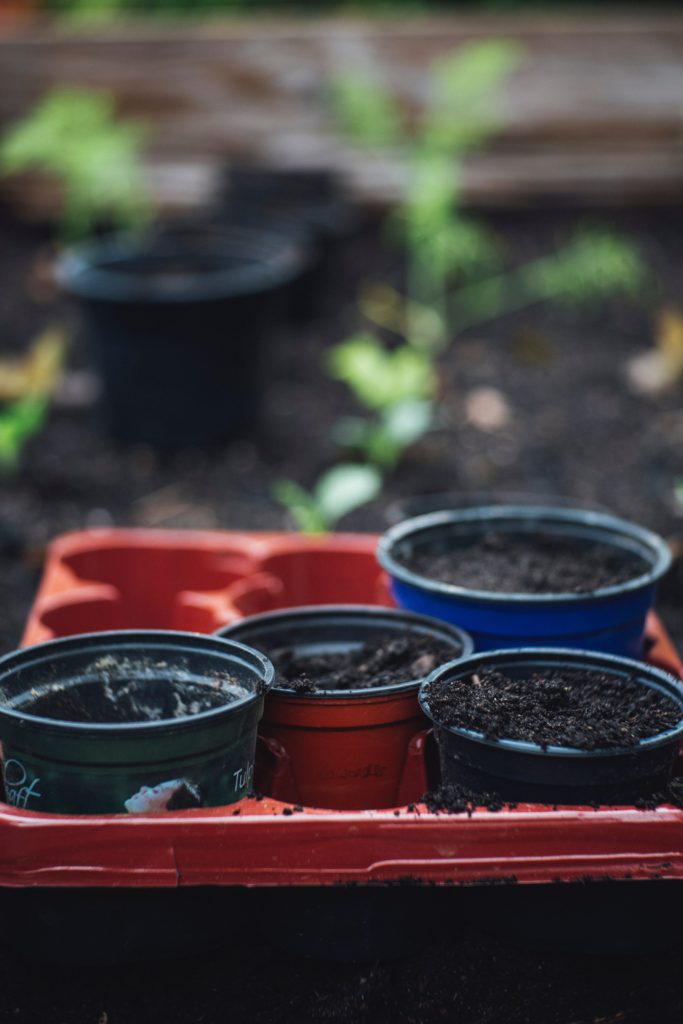
A lot of people want to grow their own organic garden, yet neglect to do so because they aren’t sure where to start. Some may feel overwhelmed by all that needs to be done in order to create an organic garden. Check out the tips presented here to get some ideas for ways to start your own organic garden. It can be a rewarding hobby with many benefits.
Involve your children in gardening. Gardens are a wonderful place for kids to learn, and working side by side with them can strengthen the bond that you have.
Using a solution of aspirin and water can prevent certain plant diseases. Dissolve 1 aspirin per gallon of water for a plant disease fighting solution. You can just spray this on them to fight disease. Use this solution once in every three-week period.
Having a garden of perennials can be an easy and quick process. Take your spade and work up a thin layer of soil. Turn that soil over, then spread a few inches of wood chips on the newly turned area. Let the area sit for a couple weeks, then begin digging into it and planting your new perennials.
Have plastic bags on hand so that you may cover your muddy gardening shoes. You will be able to go in and out without having to keep taking your shoes on and off.
Laundry Basket
Use an aged laundry basket when you want to collect your produce. The laundry basket will function as a makeshift strainer for the fruits and vegetables. Just rinse the produce right in the basket; the water will drain through the holes.
A great tip when running your own organic garden, is to lightly ruffle your seedlings with your hand or cardboard, around once or twice per day. That may sound like a silly thing to do, but it’s been proven to help plants grow larger than they would otherwise.
Keep slugs out of your organic garden naturally, using a beer trap. Start by burying a wide-mouth jar in the soil, ensuring that the rim of the jar is just at the soil’s surface. Next, fill the jar with beer until there is only one inch left below the mouth of the jar. The beer helps attract slugs and they end up trapped.
Adjust your watering according to season and current climate. The amount of water you need to give your plants depends on soil type, quality of water and time of day. In a warm and humid climate you should avoid watering the plant itself. Wet leaves promote the growth of leaf fungi. Instead, water the root system well.
If you’d like to improve the health of your soil, try adding some mulch. Mulch will protect the soil it covers. It protects roots because it helps the soil stay cooler when it’s hot outside. Evaporation will be reduced and the soil will remain moist for longer when you water. It also is helpful in keeping weeds under control.
Organic Foods
Organic foods don’t contain any chemical pesticides. While organic foods are healthy for your family, you will still need to check closely for bugs or worms.
Reading these tips probably cleared up some of the questions you had about organic gardening. Hopefully, it made organic gardening seem less intimidating. Put this information to work for you in your organic garden and soon your kitchen will have an abundance of fresh, all natural and delicious produce.
